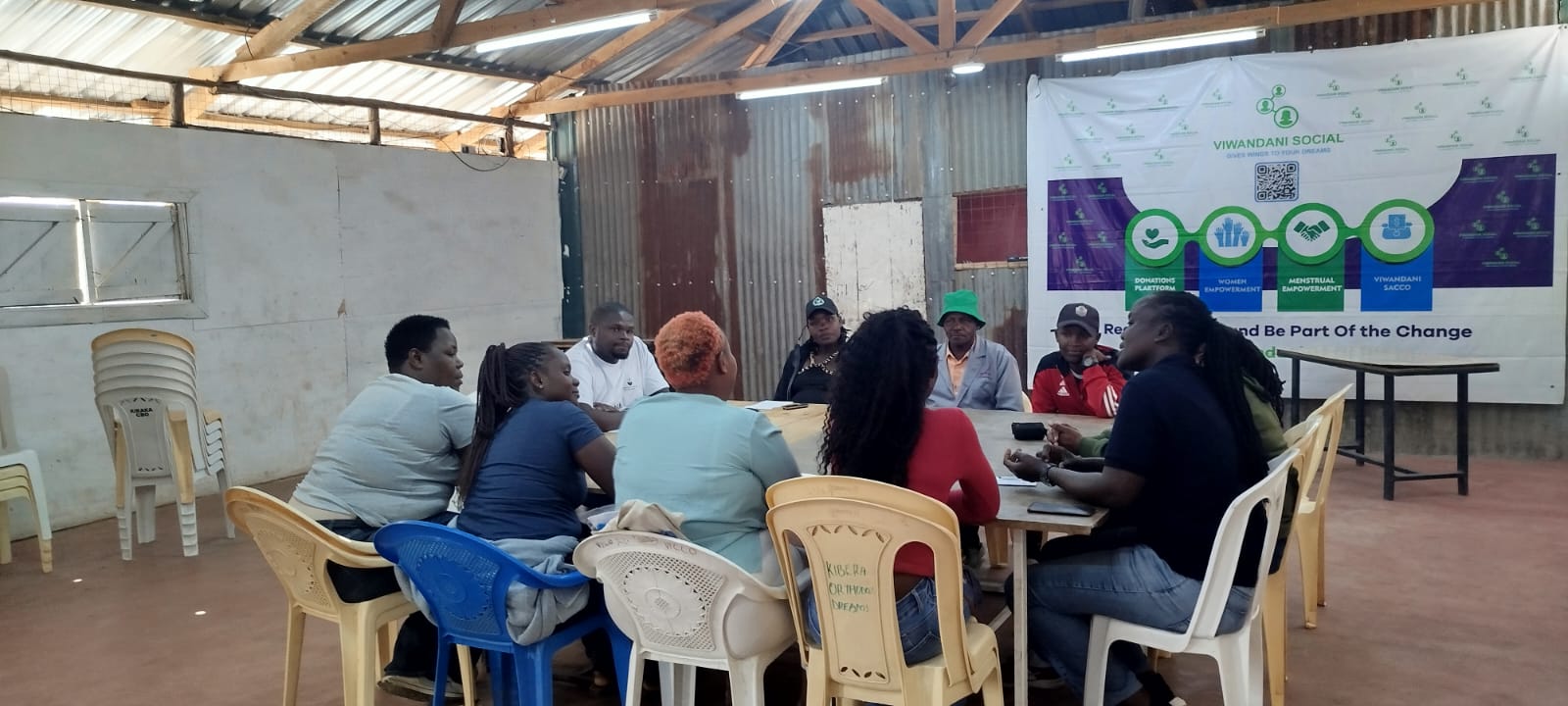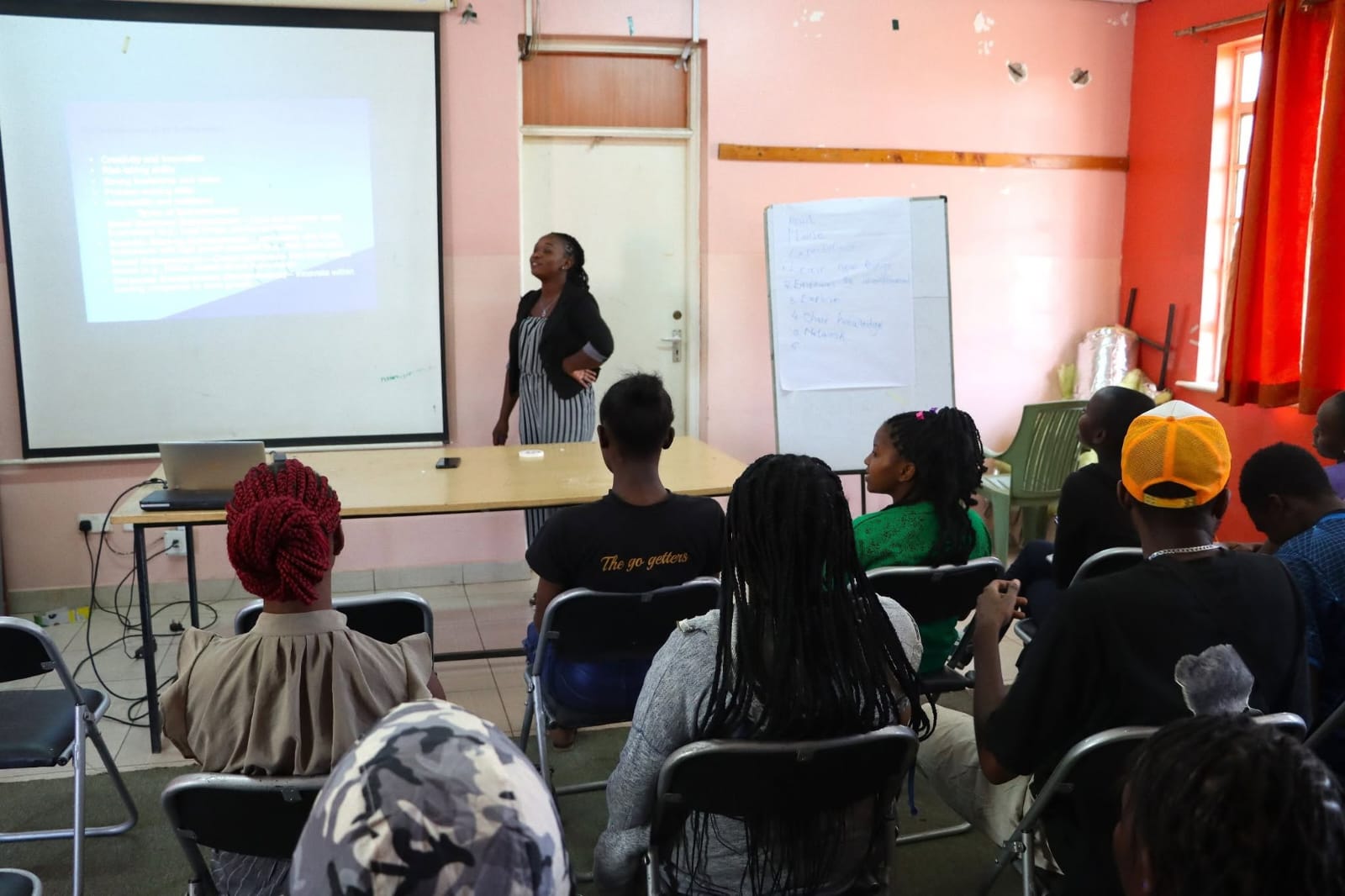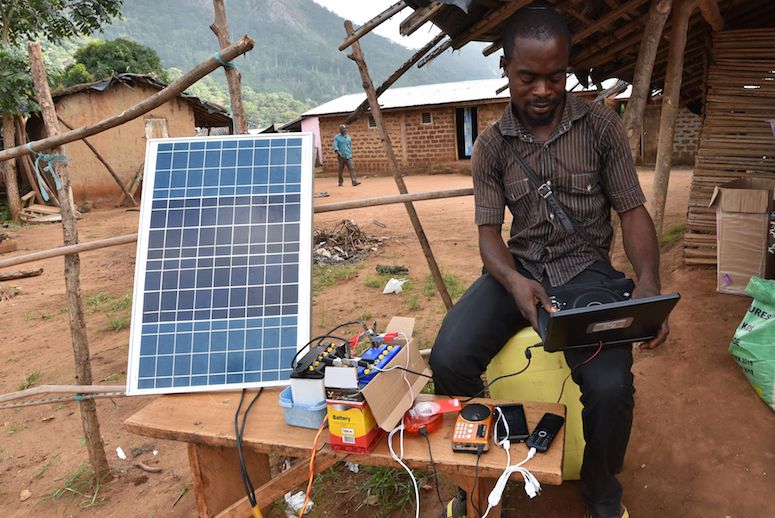FALSE: Photo does not show the drought situation in Embolioi, Kajiado County, in October 2022
HOAX: This Facebook account mimicking Aldai Member of Parliament Marianne Kitany is a scam

This Facebook account imitating Kenya’s Aldai Member of Parliament Marriane Kitanny is a HOAX.
The account operates under the username “Hon Marianne Kitany Jebet” and uses the legislator’s images on its display and cover images.
The account invites users to apply for grants and other financial assistance through the Treasury Department.
“Hello, get kshs15,000 for the financial support through the Treasury Department, call and seek the requirements needed for one to benefit from that fund,” the message reads.
The message also instructs interested users to contact a provided phone number for details.
PesaCheck found the legitimate Facebook page of the legislator is verified. On the legislator’s page, there are no grant promotions. The Facebook handle that we are investigating is a personal profile, and does not have Facebook page transparency information.
Kitany’s legitimate page operates under the username “Marianne Kitany” and has 44,000 followers. Its profile image is a close-up photo of the legislator and the cover image is of the legislator and other unidentified people holding a broom.
The Facebook Transparency information indicates that the page was created on 29 September 2021.
Kitany, in a 24 July 2023 Facebook post, cautioned the public against falling prey to the imposter Facebook page.
“It has come to my attention that there is a fake Facebook account circulating under my name with an intention of conning Kenyans in the name of empowering them. Kindly know that I’m operating one Facebook account which is verified with a blue tick,” the post reads.
PesaCheck has examined a Facebook account imitating Aldai Constituency Member of Parliament Marianne Kitanny and found it to be a HOAX.
This post is part of an ongoing series of PesaCheck fact-checks examining content marked as potential misinformation on Facebook and other social media platforms.
By partnering with Facebook and similar social media platforms, third-party fact-checking organisations like PesaCheck are helping to sort fact from fiction. We do this by giving the public deeper insight and context to posts they see in their social media feeds.
Have you spotted what you think is fake or false information on Facebook? Here’s how you can report. And, here’s more information on PesaCheck’s methodology for fact-checking questionable content.
This fact-check was written by PesaCheck senior fact-checker Simon Muliand edited by PesaCheck senior copy editor Cédrick Irakoze and acting chief copy editor Francis Mwaniki.
The article was approved for publication by PesaCheck’s managing editor Doreen Wainainah.
PesaCheck is East Africa’s first public finance fact-checking initiative. It was co-founded by Catherine Gicheru and Justin Arenstein, and is being incubated by the continent’s largest civic technology and data journalism accelerator: Code for Africa. It seeks to help the public separate fact from fiction in public pronouncements about the numbers that shape our world, with a special emphasis on pronouncements about public finances that shape government’s delivery of Sustainable Development Goals (SDG) public services, such as healthcare, rural development and access to water / sanitation. PesaCheck also tests the accuracy of media reportage. To find out more about the project, visitpesacheck.org.
PesaCheck is an initiative of Code for Africa, through its innovateAFRICA fund, with support from Deutsche Welle Akademie, in partnership with a coalition of local African media and other civic watchdog organisations.







